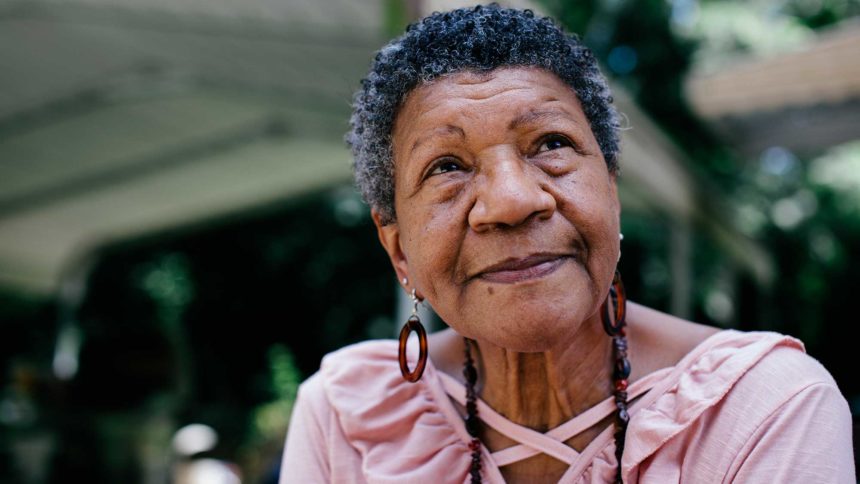A recent study published in the journal Intelligence offers promising insights into cognitive enhancement for older adults. Researchers from the University of Illinois examined how different types of mental exercises affect working memory skills in older adults.
The study, involving 80 adults with an average age of 71.9 years, introduced a novel “successive enrichment” approach. Participants were divided into groups that practiced various combinations of working memory tasks over a four-week period.
Surprisingly, those who engaged in diverse working memory exercises showed the most significant improvement in a new memory task, outperforming groups that practiced a single task or no memory task at all. This finding challenges the conventional wisdom that practicing a specific skill leads to the greatest improvement in that skill.
Interestingly, the benefits of diverse practice were not immediately evident. They emerged gradually as participants continued to engage with the new task, suggesting that the brain needs time to integrate and apply varied experiences.
These results support a principle called “mutualism,” which proposes that improvement in one cognitive skill can enhance the brain’s ability to learn related skills. This concept offers a fresh perspective on how intellectual abilities develop and improve over time.
Lead researcher Elizabeth Stine-Morrow and her team emphasized the study’s implications for cognitive health in later life. Their findings suggest that we may be underestimating the effects of cognitive training when using simple before-and-after designs. The benefits of diverse mental exercises may take time to manifest, but they could be crucial for maintaining cognitive vitality as we age.




